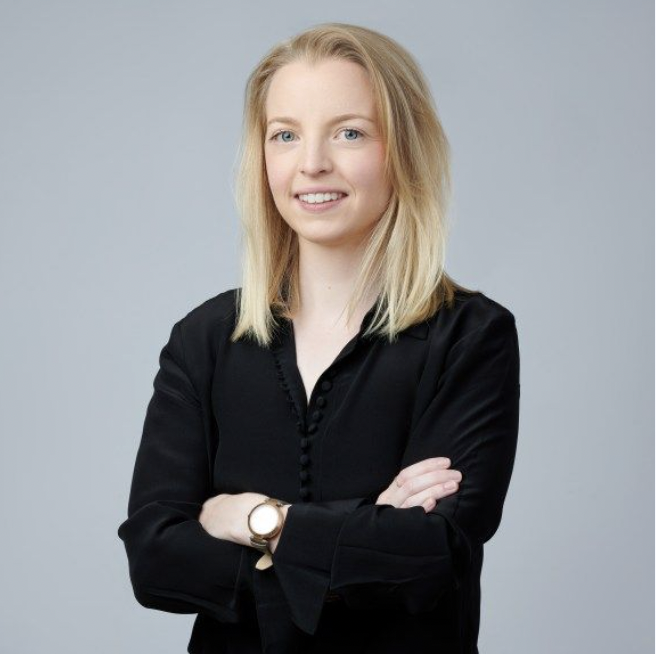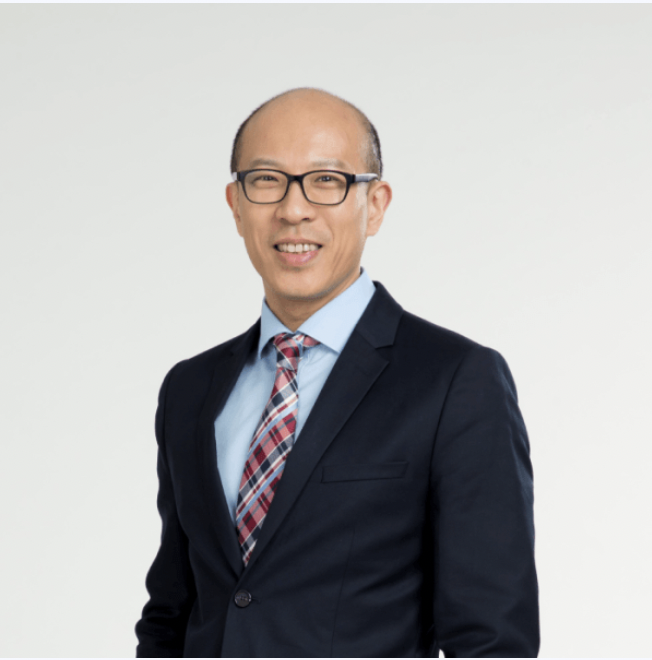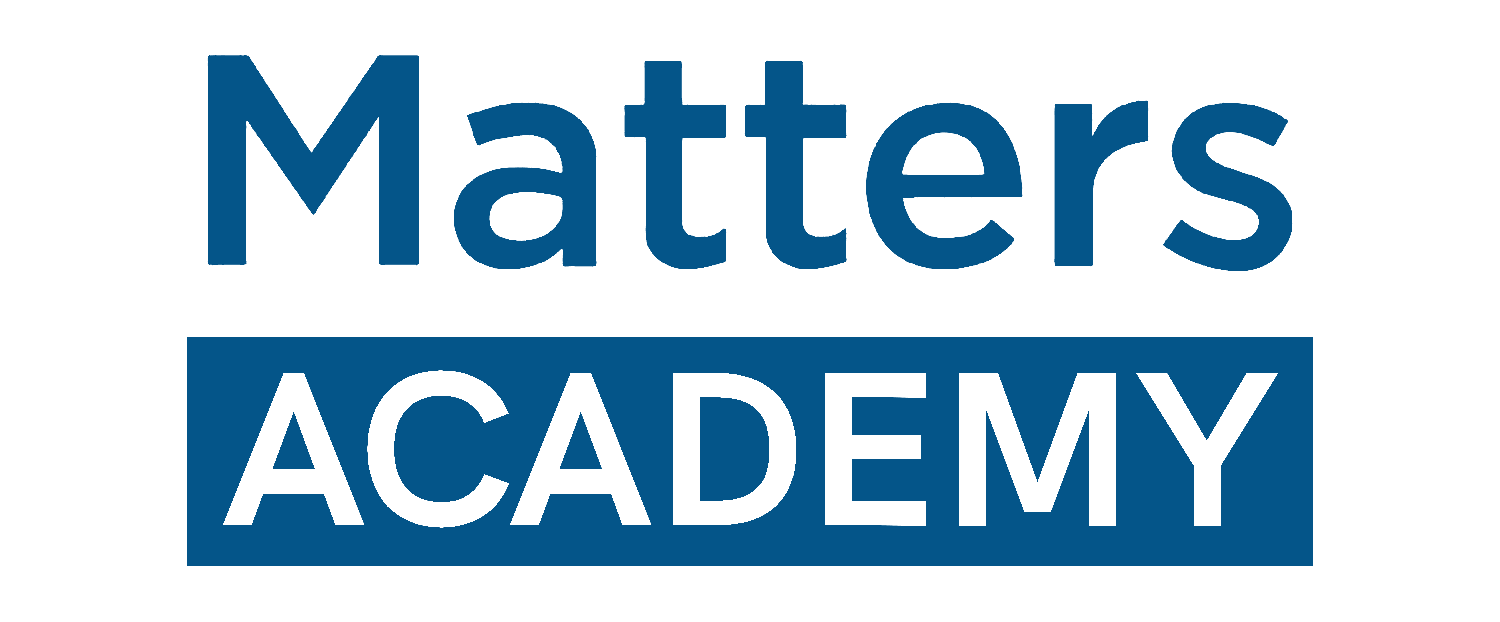Making an Impact through ESG Investment
In this episode, seasoned sustainability professionals from the food and beverage sector and the legal services sector will share their own professional journeys and words of advice. Leonie Kelly, Ogier Global Director and Head of ESG and Impact Advisory, has been working in sustainable finance for 13 years, she is responsible for helping the investment industry to understand and manage ESG risks and opportunities. Simeon Cheng, Group Director of Sustainability and Corporate Communication at Vitasoy International Holdings Limited, works with different multiple function teams to exhibit sustainability in different areas, such as product development, manufacturing, finance.

“ESG investment is changing the way to manage and allocate capital, towards conservation, education, well-being, climate, energy efficiency, human rights issues, among other issues” Kelly said. Businesses shall gradually adopt ESG investment by better managing portfolios to allocate capital towards these issues and solve the societal and environmental failures nowadays. Kelly says that Ogier has been actively working with the investment industry to make them understand the value of ESG investment.
Impact investing, the popular investment strategy nowadays, which is to generate financial return alongside environmental and social performances. An example is supporting social enterprises and grassroots intiatives to channel capital into what they are doing. Impact investing was what Kelly’s passion started off when she was studying geography and economics as an undergraduate. Throughout her career, she is passionate about conservation and environmental challenges, and she is looking to solve conservation challenges by impact investing. For example, she worked at London Zoo, developing impact investing a financial product, to support management and conservation of rhino species in Africa. Learning how to use capital to do good has been an important driver for Kelly's career.

Simeon spent many years in environmental protection and as he began doing reporting with regard to GRI guidelines, he started realising social and governance sides in the wider sustainability context. The time when he was offered the opportunity to write about the power sector supplement in GRI guidelines has expanded the scope of his work, such as having day-long meetings with investors, labour practices experts, human rights experts and debating on reporting framework, broadening his horizon about different sustainability subject areas.
Looking backwards, some of the courses Simeon recommended should have taken negotiation, effective presentation skills courses. Sustainability professionals are constantly asking people to change their way of working and switch from business as usual, therefore, negotiation skills are inevitable to gain support from stakeholders. Kelly, on the other hand, proposes that students use internships to learn about various aspects of the sustainability industry, such as policies, finance, and non-profit work, because the ways to affect the sustainable economy are numerous. "Every learning is good learning," she says, adding that "there is no course that is not useful," and that "every course is an opportunity to learn more about yourself." Kelly and Simeon also discussed the advantages of joining various NGOs and organisations for the purpose of growing sustainability knowledge and networks, such as the Business Chamber and university alumni network.
Towards the end of the episode, they have discussed their expectations on COP26 with regard to sustainable finance and ESG. They believe the standardisation of sustainable finance is progressing with more international regulation coming into the market, such as climate-related financial disclosures by TCFD. Businesses shall therefore take a more proactive approach to align with these standards in reporting and embracing new technologies to advance towards net zero emissions.
Further reading:
Learn about ESG as a career path!
In this webinar series, we have invited seasoned sustainability practitioners from different sectors to share their career journey, words of advice, and insights on job prospects in sustainability.



